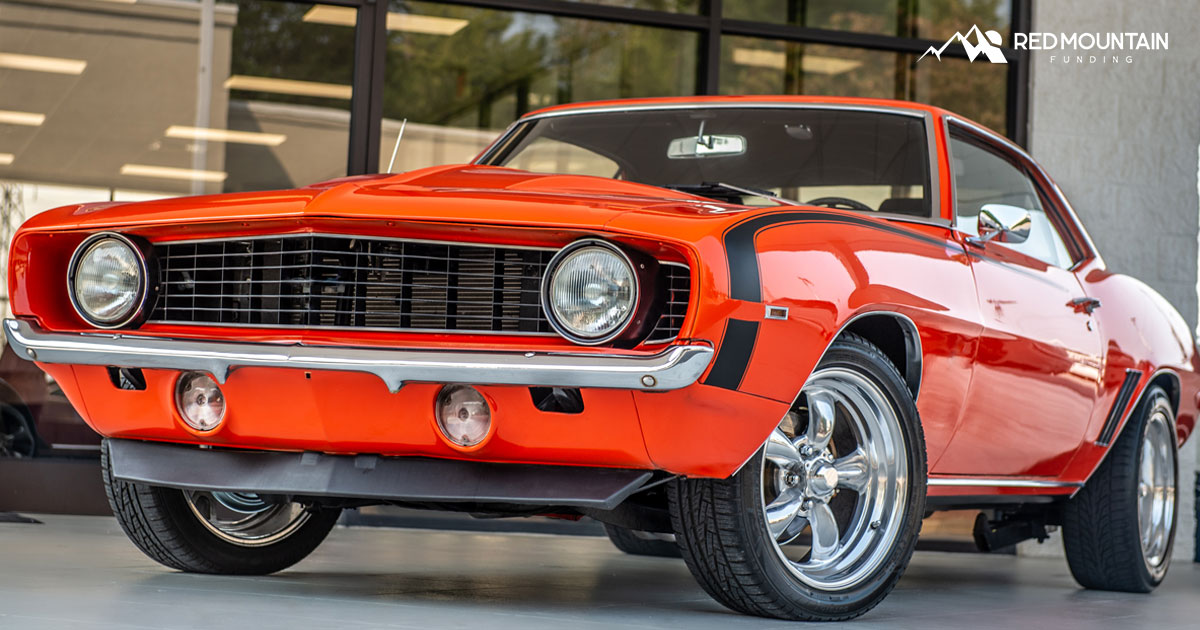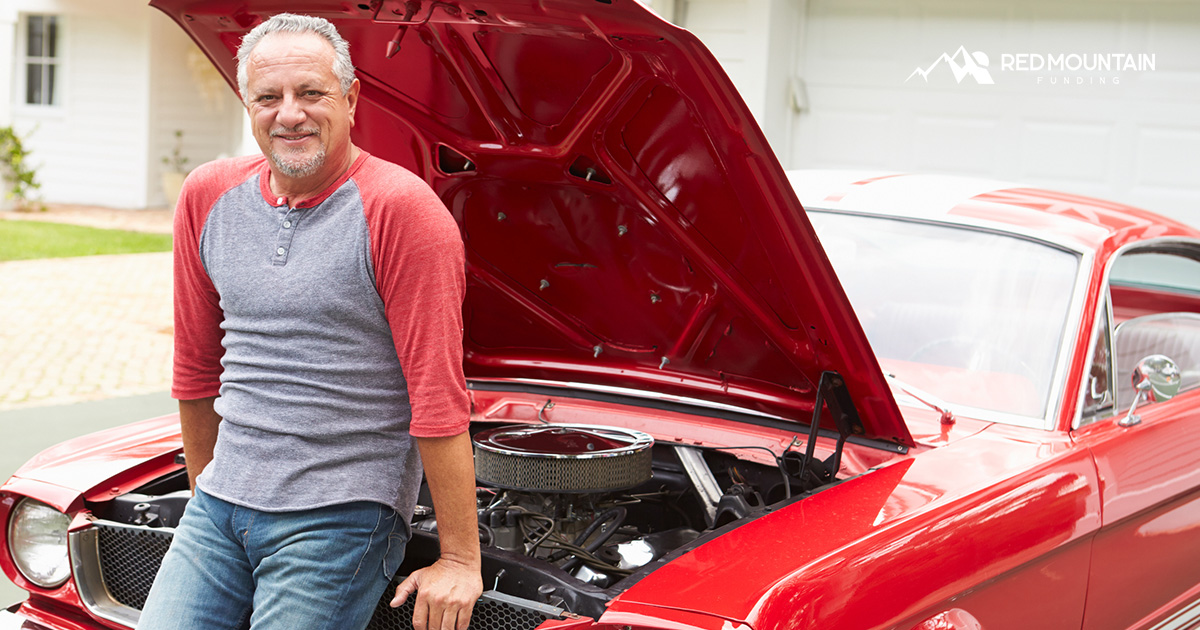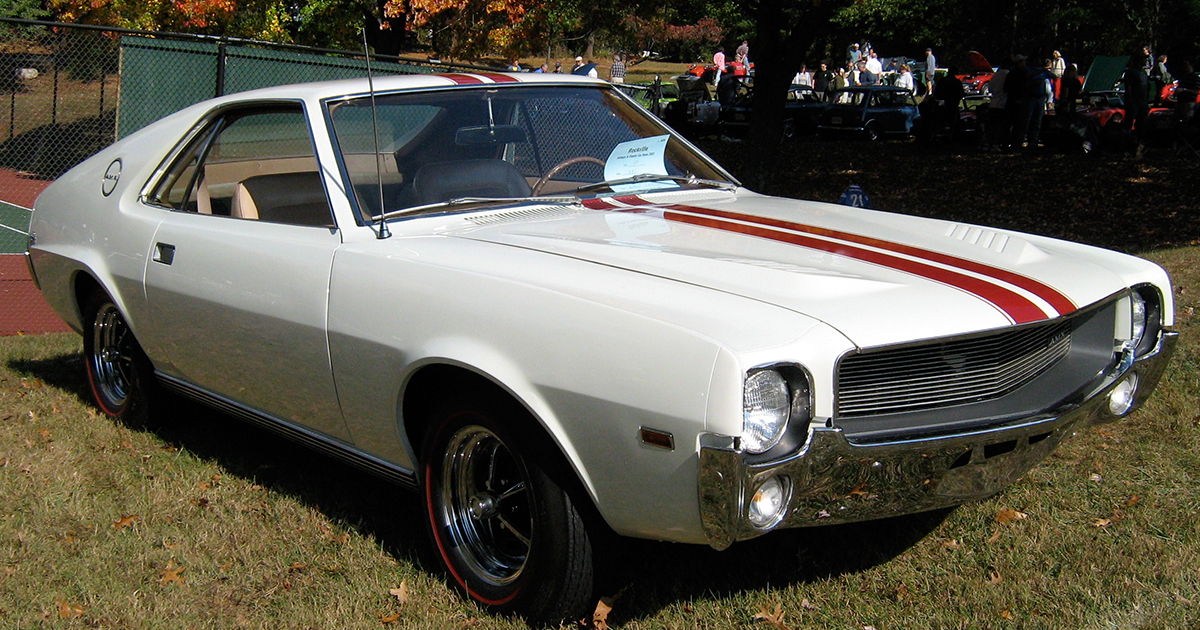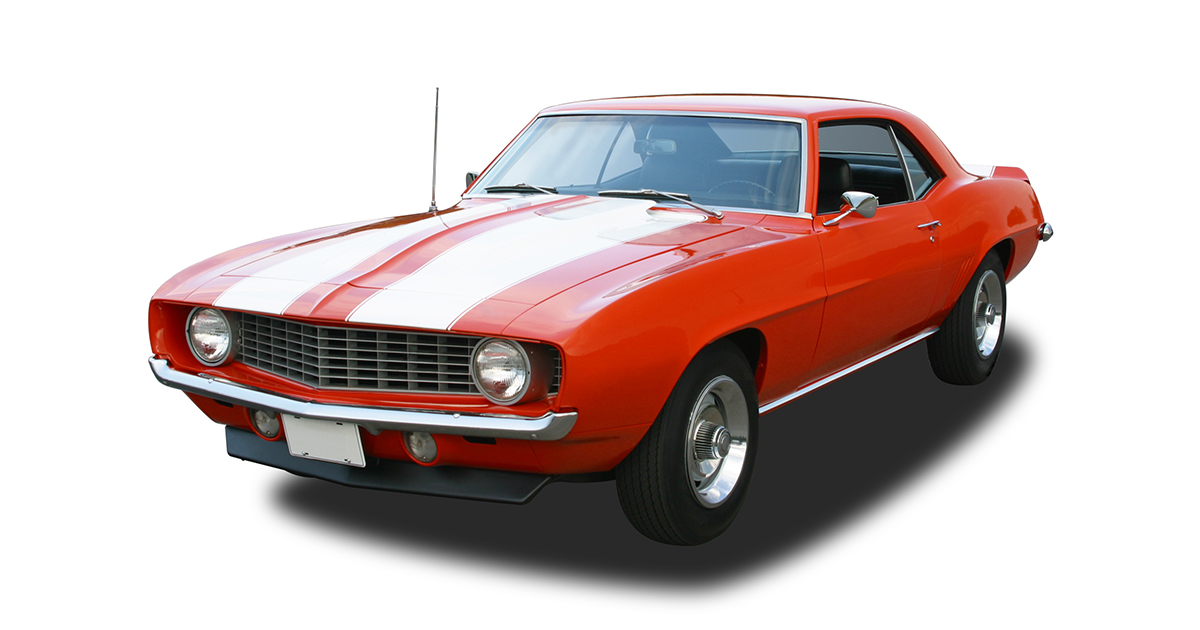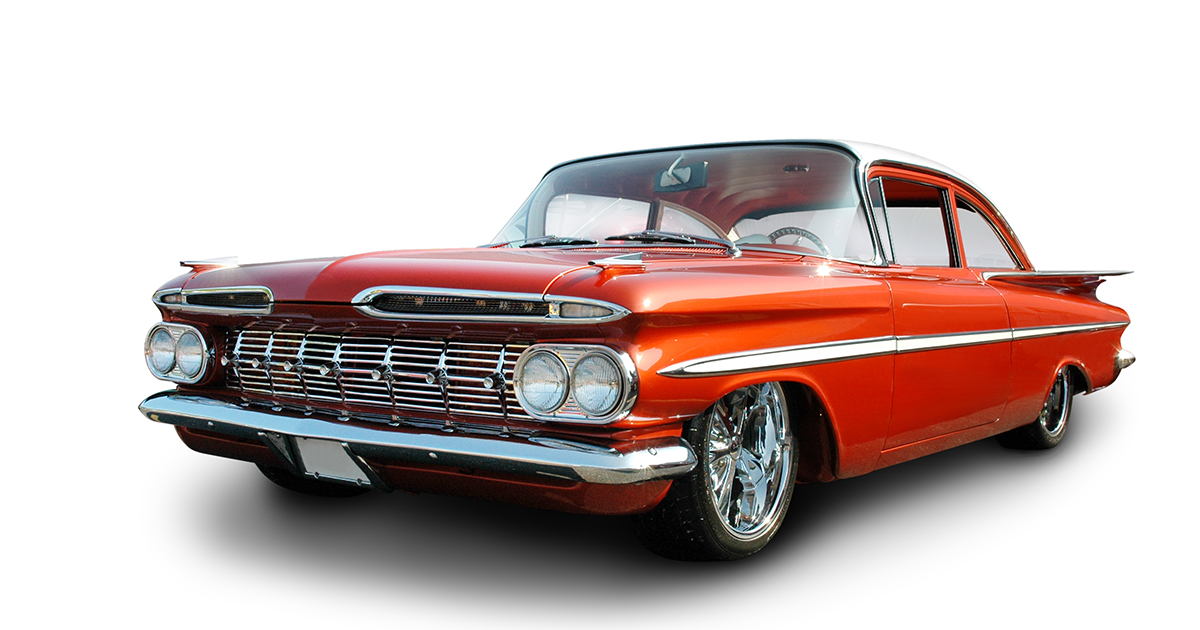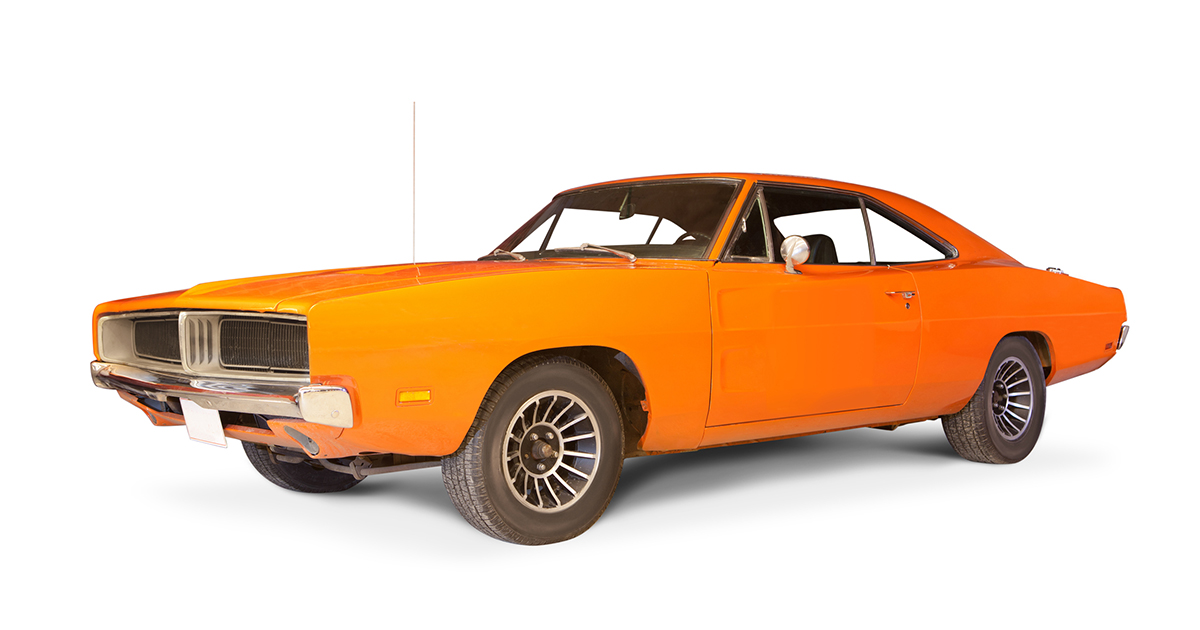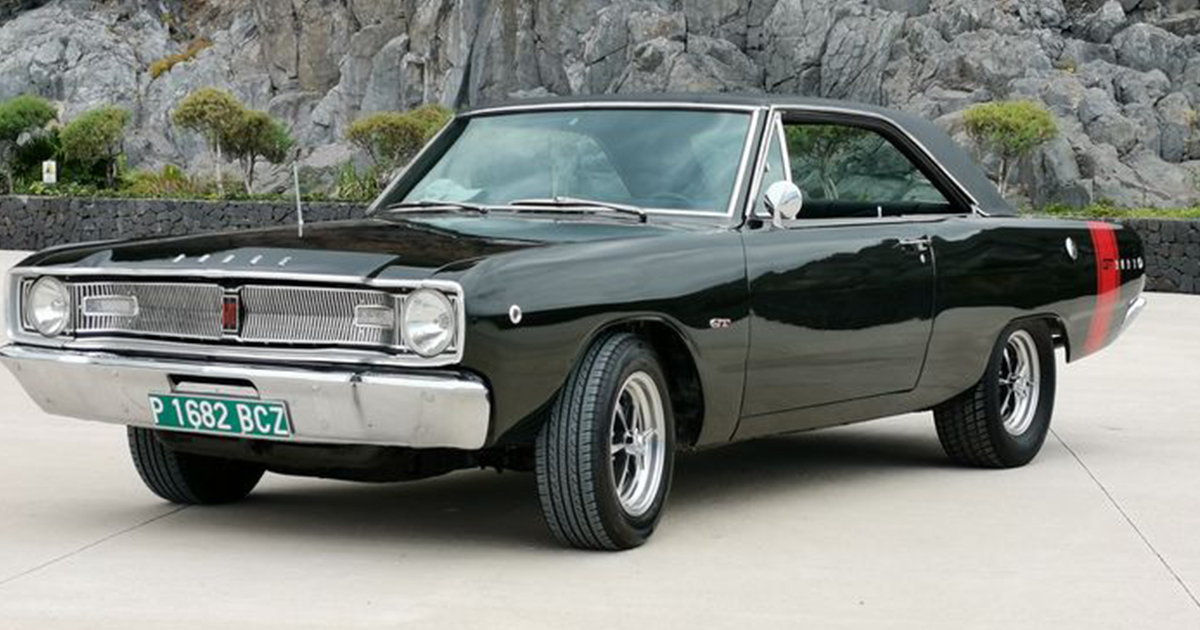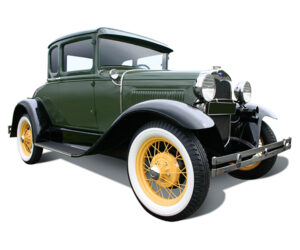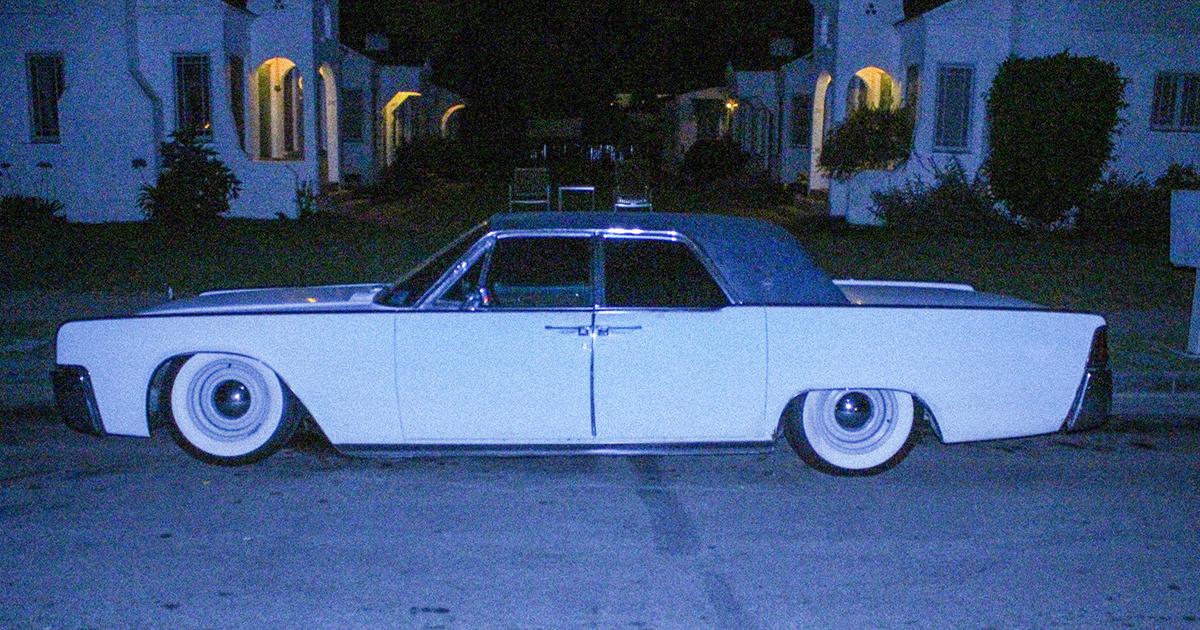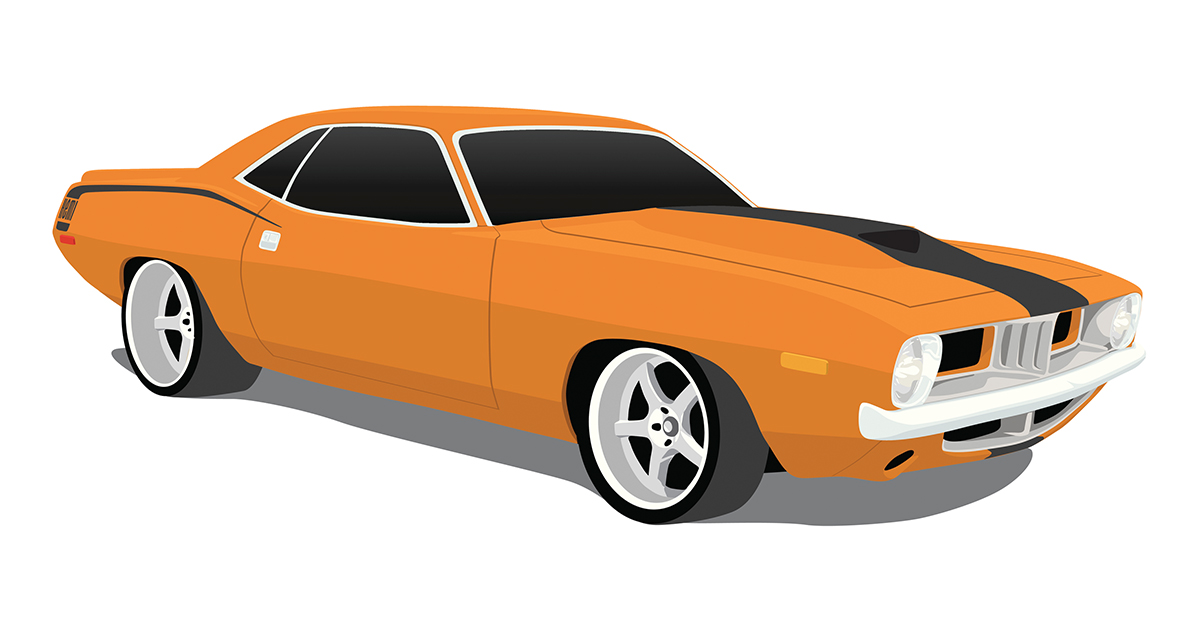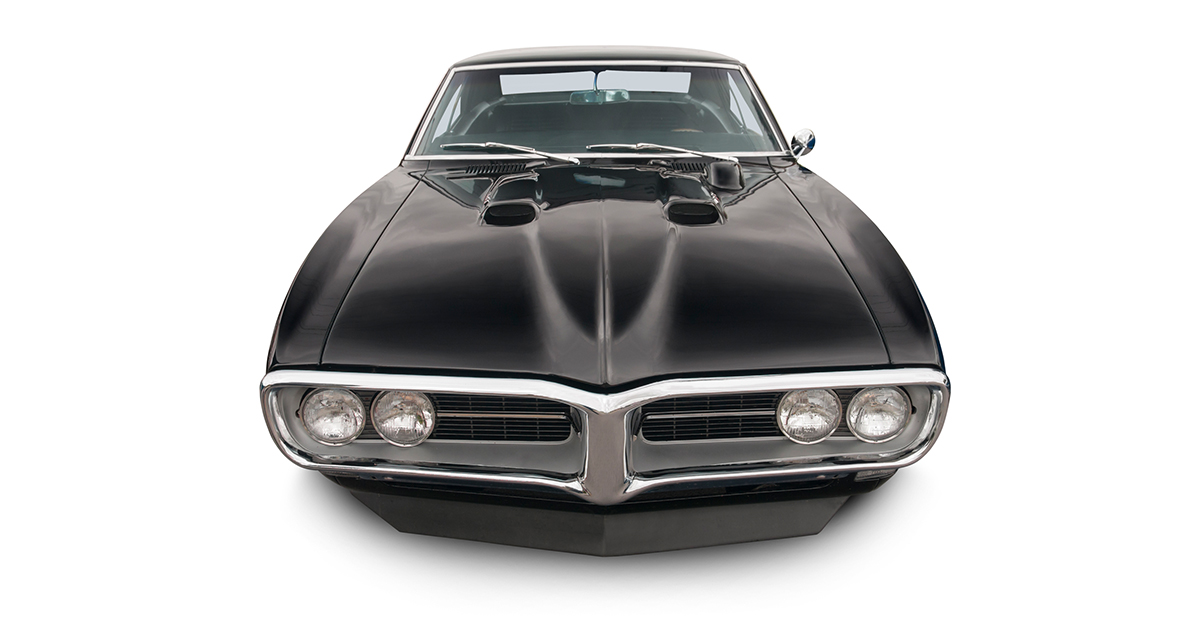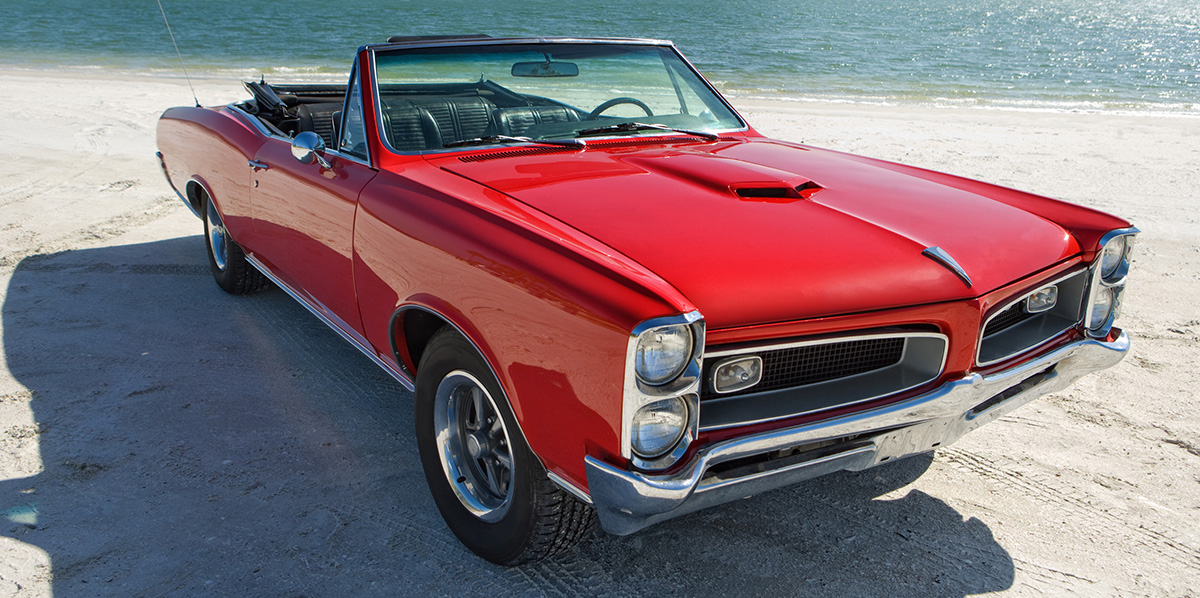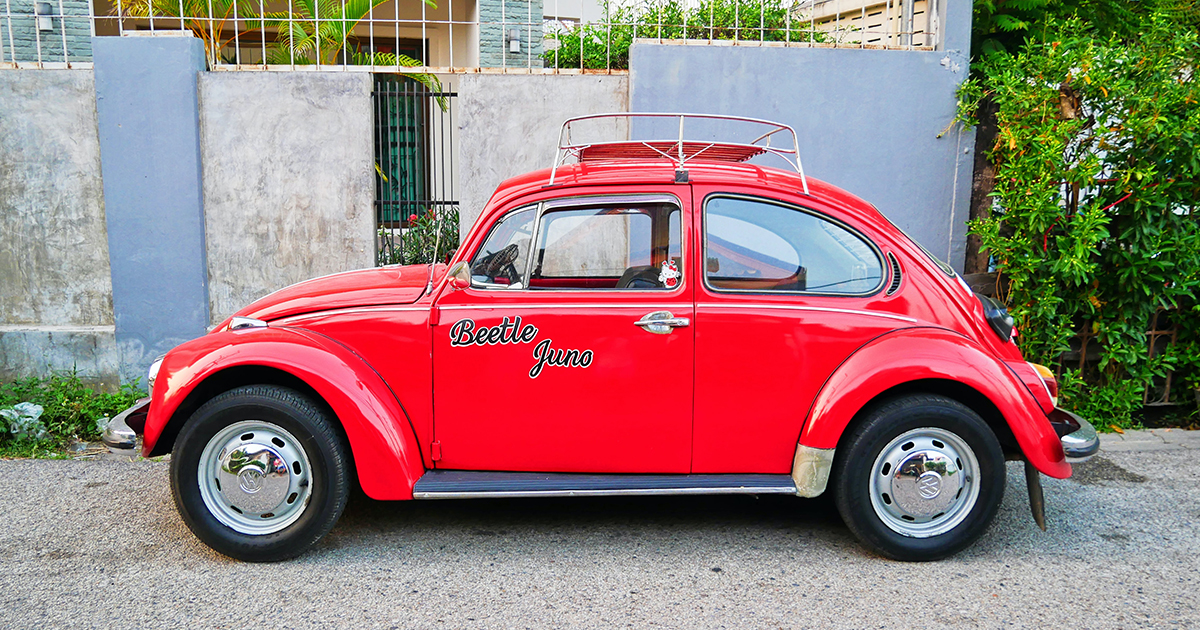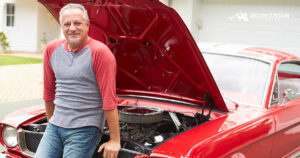Whether you are considering purchasing your first classic car or it is time to add to your collection, there are many common mistakes to avoid when buying a classic car. These mistakes can cost you time, money, and stress, so knowing what to look for when purchasing a classic car can help you avoid these pitfalls and make the best decision possible for you.
Common Classic Car Buying Mistakes
While the classic car community is filled with reputable individuals, there are still those out there who may take advantage of first-time purchasers new to the classic car market. Understanding common mistakes people make when purchasing a classic car can help ensure that you are completely satisfied with your next classic car purchase.
Mistake #1: Failing to Conduct Proper Research
One of the biggest mistakes a classic car buyer can make is not doing proper research on their intended vehicle. Start by looking for authentic reviews from other car owners who already have the make and model you are considering. Following your online search, you can also ask for personal feedback from other classic car enthusiasts or mechanics you may know. Online research and personal feedback can also help you to determine the potential resale value of your prospective classic car. This helps to ensure you don’t overpay when you take your search to the next level.
Mistake #2: Failing to Invest in a Professional Inspection
Before you purchase a classic car, it is essential to invest in a road-ready inspection to ensure you get what you’re paying for. Whether you’re purchasing a vehicle with the expectation that it runs smoothly, or you want a fixer-upper, an inspection can help prevent you from overlooking unexpected concerns that could become a major issue for you in the future. Even if you know your classic cars, it never hurts to have a second, professional, opinion. A professional inspection will provide an unbiased overview of the car’s structural integrity as well as general condition and value.
Mistake #3: Skipping the Test Drive
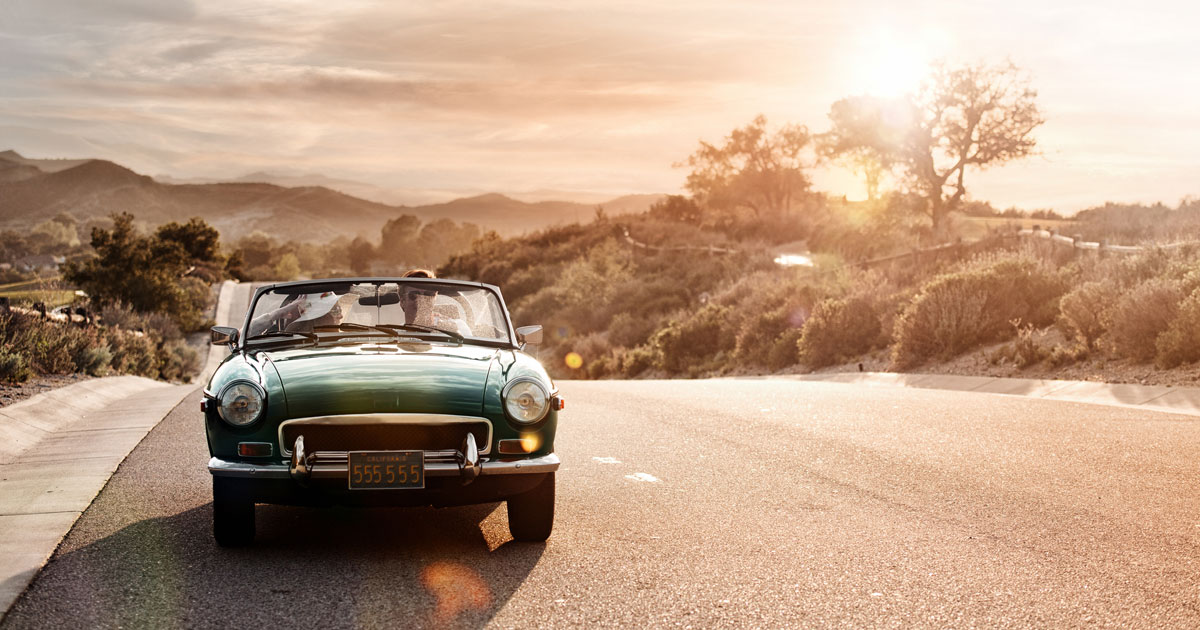
While it’s natural to want to trust the individual you are purchasing your classic car from, never take a seller at their word that the car runs well. Much like the inspection issue mentioned above, it is essential to take the time to test drive the vehicle yourself. Failure to do so could result in the purchase of a vehicle that needs more work than you expected or simply isn’t as enjoyable to drive as you thought it might be. This step is just as important when you’ve traveled a considerable distance to purchase the vehicle.
Mistake #4: Failing to Consider a Lack of Spare Parts
A common mistake faced by new buyers is purchasing a vintage vehicle that requires parts that are now difficult to get. It is beneficial to explore not only the typical issues faced by a certain make or model but also the accessibility of replacement parts. If you are looking to purchase a classic vehicle that is significantly older or manufactured outside of the US market, you should be prepared to have trouble finding parts. You may need to wait a considerable amount of time to secure those parts or pay more to have them shipped from abroad.
Mistake #5: Overlooking Upkeep Costs
A common mistake individuals make when looking to purchase a classic car is forgetting to look beyond the initial ticket price. Some classic cars require significant care to keep them in smooth, insurable, operating condition. To get a better understanding of classic car upkeep, you can search online or contact a local classic car club. If the club is familiar with the make and model of your car, they can provide knowledgeable information concerning the long-term care and cost necessary for a specific classic car.
Mistake #6: Overestimating Your Skill Level
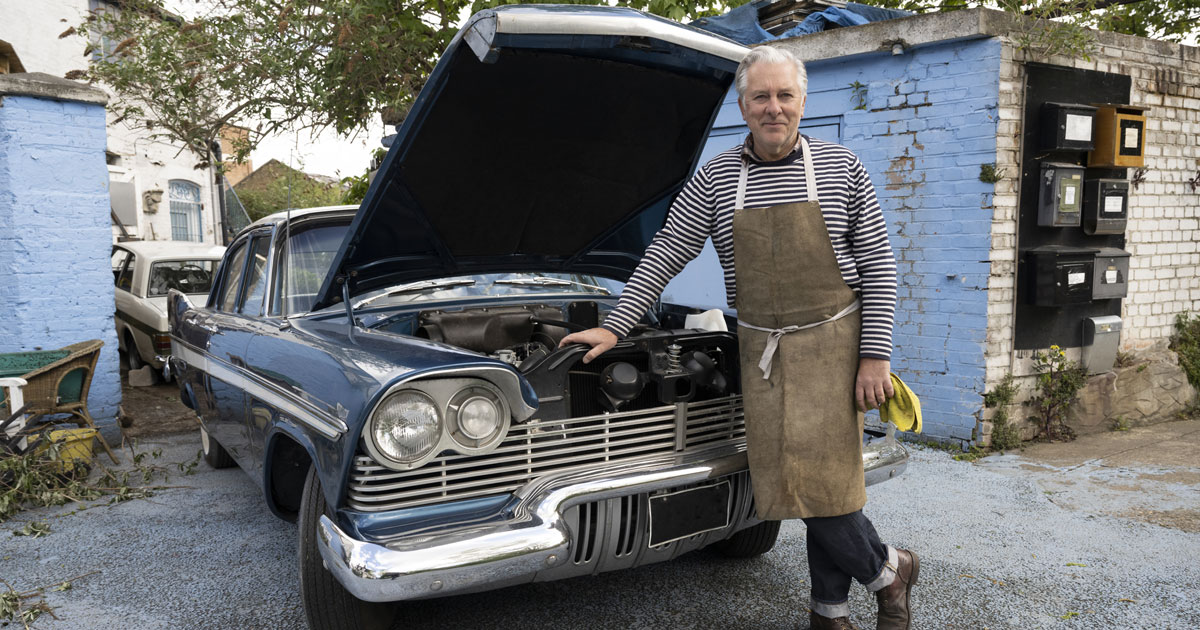
Many car enthusiasts get into classic car collecting with a desire to repair and restore older vehicles themselves. While this is a great reason to get into car restoration, it is important not to overestimate your DIY capabilities. Not only do you need to have knowledge concerning maintaining your classic car, but you must also have the necessary spare parts, tools, and skill to ensure that your repairs aren’t counterproductive.
If you are new to repairing and restoring classic vehicles, it is often best to take on a car in good condition. This will allow you to work on smaller tasks first to build your knowledge and confidence. Starting small can help you minimize your frustration levels—and the associated costs—when what you thought would be a small task turns into a major project.
Mistake #7: Failing to Hire a Quality Classic Car Mechanic
Unless you have an extensive background in mechanics, especially when it comes to classic cars, you’ll need to work with a local mechanic you can trust to provide the services you need. However, keep in mind that not all mechanics have the background necessary to work on classic cars. Some mechanics skilled at modern car repairs will not be able to do a quality job on your classic model.
Mistake #8: Not Checking the VIN
When purchasing a classic car, don’t skip checking the vehicle identification number (VIN). If the VINs don’t match, this is typically an indication that the engine has been replaced at some point. A replaced engine could have a significant impact on the authenticity of the car and its overall value. Depending on your reason for purchasing the car and its sticker price, you may want to reconsider.
Mistake #9: Securing Improper Insurance Coverage
One mistake to avoid following a purchase of a classic car is not getting the right insurance coverage. Prices and coverages can vary depending on the type of vehicle. It is beneficial to research collector car insurance rates that apply to your specific make and model. Take the time to explore the various coverage options and find a rate you can afford for a package that offers the extra protection your classic car needs.
Mistake #10: Failing to Secure Proper Storage
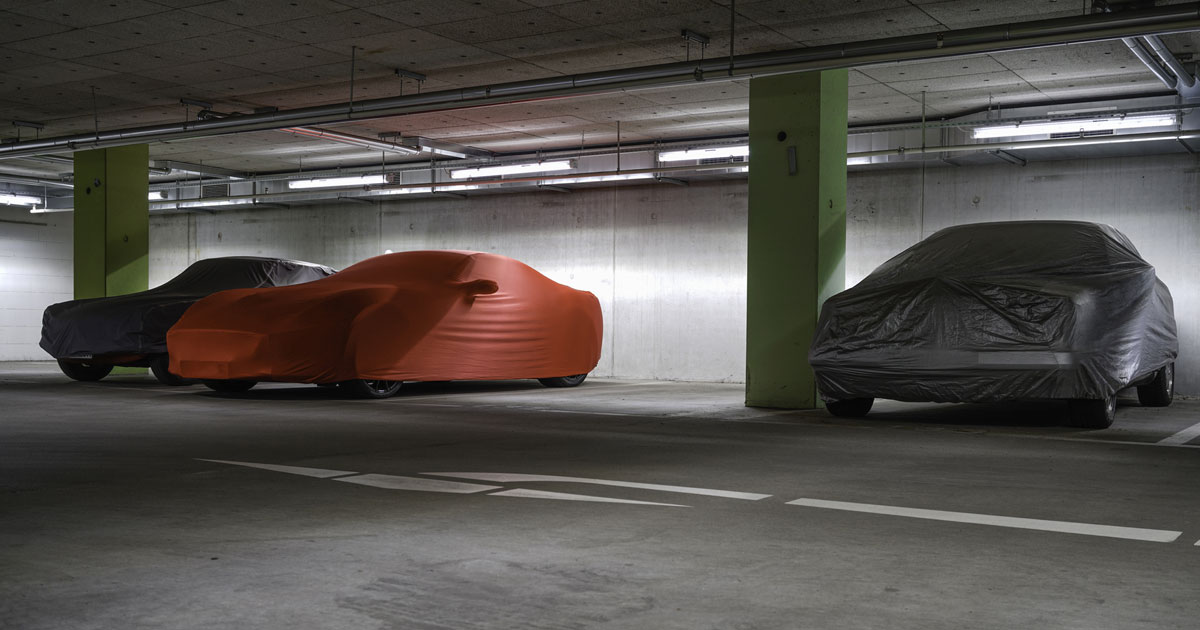
When you’re planning to purchase a classic car, you’ll need a safe and secure place to store your vehicle year-round. Any deterioration of the body of your car will quickly decrease the value of your car and leave you with surface repairs that could become costly. That’s why it’s so important to have a clear, dry space ready for your vehicle before purchasing it. This provides peace of mind that you’ll maintain your investment with an immediate safe place to park your new purchase.
Mistake #11: Falling for Scams and Schemes
Fraudulent sales are a serious issue faced by those in the car community, especially when it comes to classic cars. Many scams involve title fraud or shady money transfers. Take the time to ensure that the person you are dealing with does in fact own the vehicle and that the title is clean—or at least in the advertised condition. Then, be certain you can exchange money safely and securely.
Mistake #12: Buying a Car You Aren’t Passionate About
When purchasing a classic car, don’t be afraid to follow your heart. Passion has a significant role to play when it comes to your purchase satisfaction. When you purchase a car you like, you’ll feel more confident concerning your investment.
Restoring a vehicle is a long-term labor of love. It requires your commitment in both time and money to get the most out of a classic car, and you will be more willing to put in the time and effort to maintain a car that you genuinely enjoy. The last thing you want is to find yourself resenting your purchase over time due to a lack of passion.
Purchase a Classic Car with Confidence
We’re big car fans too, so we get the excitement around purchasing a classic car. That’s why we partnered with ClassicCars.com to be able to offer our readers and clients the best inventory of classic cars and trucks for sale today. From Ford Mustangs to Chevy Camaros and Impalas, and almost 34,000 vehicles available, you can literally find it all.
Fixing up and owning a classic car can provide a sense of pride and accomplishment for any car enthusiast. Understanding the common mistakes we outlined above can help you avoid making them and ensure that you are completely satisfied with your purchase.
I’m a kid at heart disguised as an auto researcher and business owner. I’ve always enjoyed providing insight in the form of reviews (anime, video games, autos, etc.) When I’m not researching, I’m spending time with my family, driving my Dodge Challenger, riding my motorcycle, and finding new entrepreneurial pursuits.
